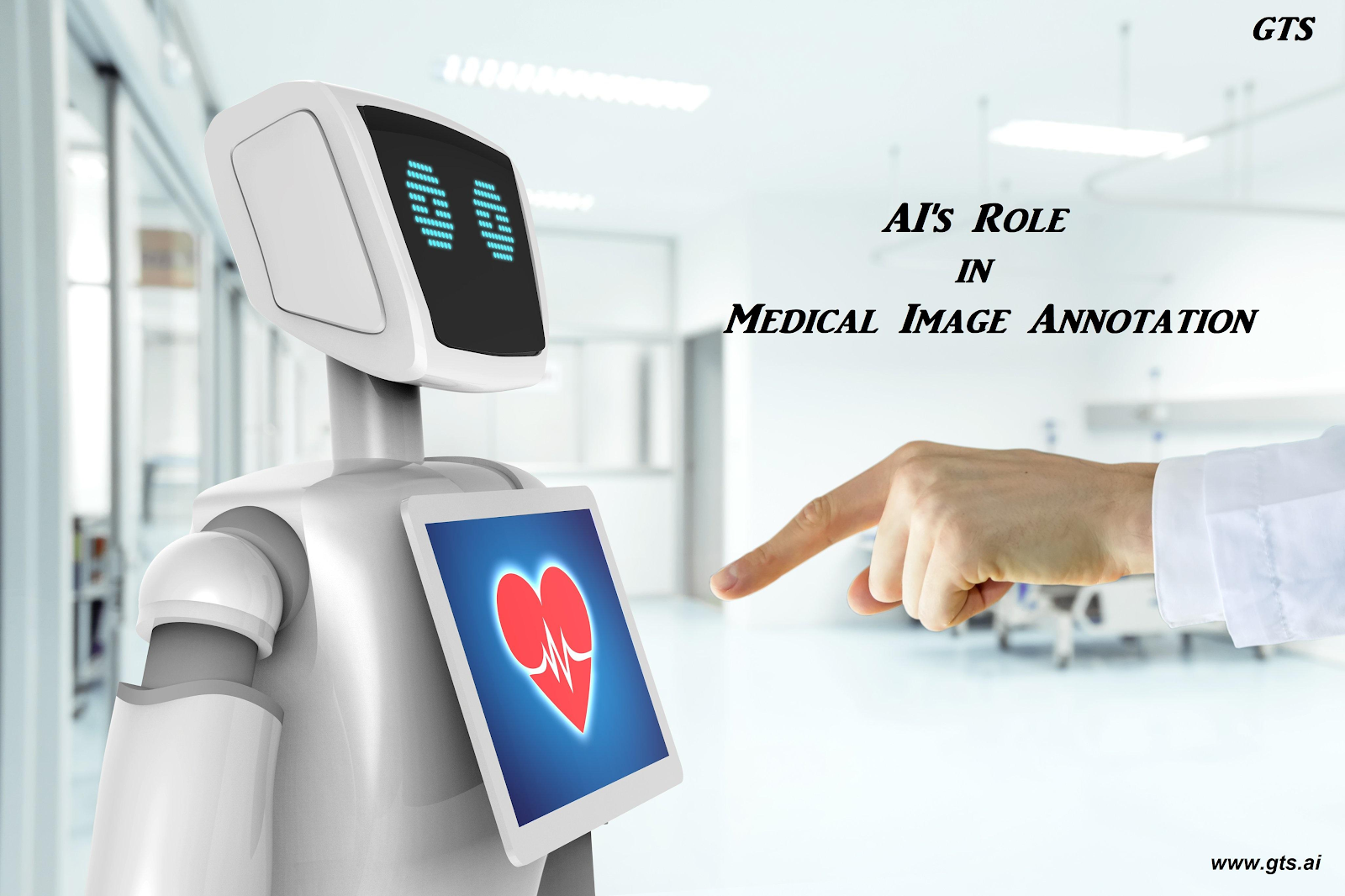Make smarter, data-driven decisions with GTS Healthcare datasets
Healthcare datasets are a collection of healthcare-related data from various sources, including electronic health records (EHRs), claims data, demographic data, and more. These datasets are designed to help healthcare organizations make smarter, data-driven decisions by providing them with high-quality, accurate, and actionable data. Make smarter, data-driven decisions with GTS Healthcare datasets
One of the key benefits of using Healthcare datasets: they provide a comprehensive view of a patient's health history. For example, EHRs can provide information on a patient's medical history, medications, lab results, and more. This information can be used to identify trends and patterns, such as an increased risk of certain health conditions or a history of non-compliance with medication regimens.
Another benefit of Healthcare datasets is that they can help healthcare organizations reduce costs. By analyzing claims data, organizations can identify areas where they are overspending, such as on high-cost medications or unnecessary tests. This information can then be used to negotiate better contracts with suppliers, reduce waste, and improve patient outcome
Healthcare datasets can also be used to improve patient outcomes. By using demographic data, organizations can better understand their patient populations and tailor their care to meet their specific needs. For example, if a particular population is at a higher risk of developing a certain condition, healthcare organizations can implement preventive measures to reduce the incidence of the condition.
In addition to these benefits, Healthcare datasets can also help healthcare organizations drive growth. By identifying trends and patterns in patient behavior, organizations can develop targeted marketing and outreach campaigns to attract new patients and retain existing ones. They can also use data to optimize their operations, such as reducing wait times and improving patient satisfaction, which can help to drive growth and increase revenue.
Challenges of using Healthcare datasets
One of the challenges of using Healthcare datasets is ensuring the data is of high quality and accurate. This requires rigorous data cleaning, validation, and analysis to eliminate errors and inconsistencies. Additionally, healthcare organizations must have the right tools and resources to make sense of the data and turn it into actionable insights.
Another challenge of using Healthcare datasets is ensuring that they are secure and compliant with relevant regulations, such as HIPAA. Healthcare organizations must take steps to protect patient privacy and ensure that their data is used in an ethical and responsible manner.
conclusion,
Healthcare datasets can provide healthcare organizations with the data they need to make smarter, data-driven decisions that can improve patient outcomes, reduce costs, and drive growth. However, organizations must ensure that the data is of high quality, accurate, and secure, and that they have the tools and resources necessary to turn it into actionable insights. By leveraging the power of data, healthcare organizations can stay ahead of the curve and deliver the best possible care to their patients.
Global Technology Solutions provide healthcare datasets for machine learning. AI technology can help us extract useful insights from large amounts of medical datasets, detect serious illnesses before they kill, and provide healthcare access to people who previously did not have it.



Comments
Post a Comment